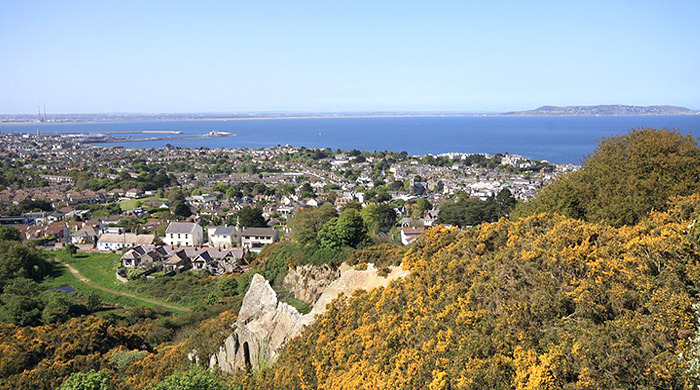In recent decades, these dreams have become closer than ever, thanks to the advent of space technology and a growing interest in space exploration. But as we approach the moment when space missions may become commonplace, many questions are being raised about human health in space.
Humans have sought space for decades. But surviving in the vastness of space is not that easy for us humans.
The ability to survive in space depends on many factors, from the adaptability of the human body to the ability to adapt to the harsh conditions of space. In recent years, the scientific community has begun to study a previously overlooked but nonetheless crucial component: our microbiome.
Decision maker: the microbiome
The microbiome, also known as the community of microorganisms that inhabit our bodies, plays a crucial role in our health. It includes bacteria, viruses, fungi and other microbes that live in and on our bodies. Typically, the microbiome is associated with digestive health, but its effects extend beyond that. It affects the immune system, metabolism, and even brain function.
The question of how the microbiome behaves in space and what impact this might have on human health is becoming increasingly urgent as space organizations increasingly undertake long-duration missions. And even planning colonial projects. While short-term space travel is unlikely to significantly impact the microbiome, long-term space missions lasting months or even years can have a significant impact.
Weightlessness
One important aspect of space travel that affects the microbiome is weightlessness. There is a little gravity in space, which is very different from gravity on Earth. Weightlessness can have harmful effects on the human body, including the microbiome. Studies have shown that the composition of the microbiome can change in space, which in turn can have an impact on health.
Another important factor in space that affects the microbiome is radiation. In space, astronauts are exposed to increasing levels of radiation from the Sun and other cosmic sources. This radiation can damage the microbiome and lead to changes in its composition. Additionally, bacteria in the microbiome can do this They may develop adaptive strategies to deal with radiation, which may affect human health.
The first experiments on the International Space Station
To better understand the effects of the space environment on the microbiome, scientists began…To conduct experiments in space. The International Space Station (ISS) serves as a platform for many of these experiments, providing a controlled space environment where researchers can… They can study the effects of weightlessness and radiation on the microbiome.
An important finding from these experiments is that the microbiome in space is highly adaptable. Studies have shown that the composition of the microbiome in space can change to adapt to conditions. This adaptability could be crucial for astronauts' survival on long-duration missions and for developing strategies to maintain health in space.
The complex system requires further research
Another important aspect of microbiome research in space is the development of treatments and interventions to maintain health From astronauts. By better understanding the microbiome, scientists can develop more targeted interventions to keep astronauts healthy in space.
Overall, research on the space microbiome shows that this complex ecosystem has critical impacts on human health in space. Through more research, scientists can better understand how the microbiome works in space and how it affects astronauts' health. This understanding will be crucial to the future of space travel and the safety and health of people in space.

“Alcohol buff. Troublemaker. Introvert. Student. Social media lover. Web ninja. Bacon fan. Reader.”







More Stories
Question for information – What is the impact of climate change on migratory birds?
How is it treated and how can it be prevented?
Behavioral scientist: Curiosity enhances biodiversity